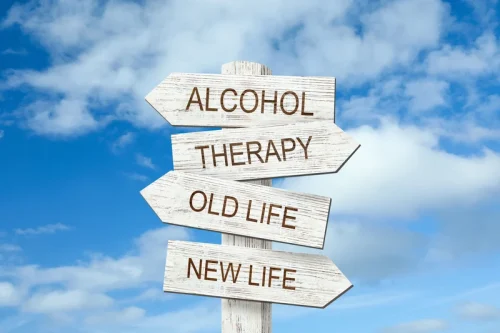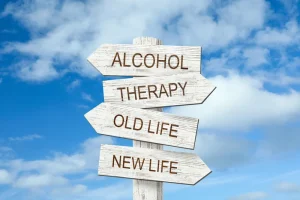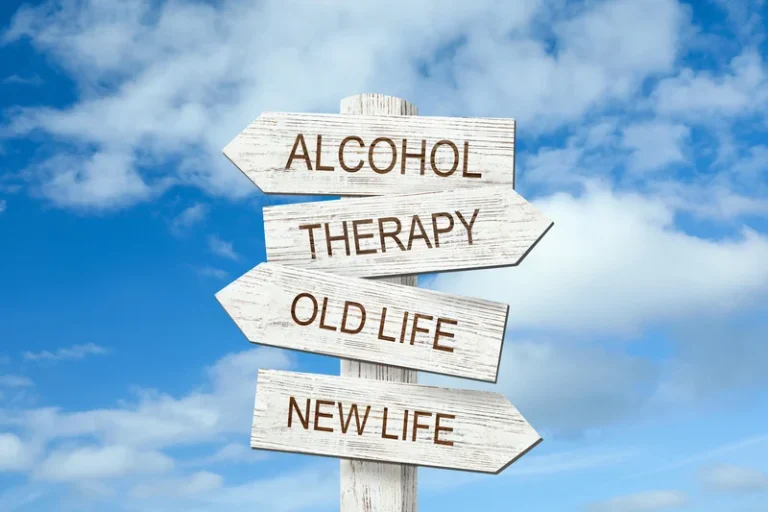
Developing a habit of using alcohol to ease anxiety can cause you to drink more, which can turn into a destructive cycle in which higher levels of anxiety trigger more consumption, further increasing anxiety. If you’re experiencing challenges with drugs, alcohol or mental health and you’d like some extra support, we’re here for you. People with depression may be at more risk of developing challenges with alcohol, especially if they drink to relieve their depression. If you drink a lot you are more likely to struggle with depressed feelings. Because of the complicated relationship between depression and alcohol use, Lurie says it’s best to address both at the same time through a specialized treatment program.

Social Embarrassment

An alcohol-dependent person who demonstrates such psychological symptoms needs more intense intervention and support than may otherwise be provided, and if not appropriately treated, the symptoms may carry a worse prognosis for alcohol-related problems. High levels of depression are especially worthy of concern, because the risk of death by suicide among alcoholics, estimated to be 10 percent or higher, may be most acute during these depressed states. Similarly, the majority of alcoholics admit to experiencing periods of nervousness, including at least 40 percent who have had one or more intense panic attacks characterized by a brief episode of palpitations and shortness of breath (Kushner et al. 1990). But if you have trouble managing your drinking, become fixated on alcohol, or keep drinking even though it may cause issues, you might have alcohol use disorder.
Why You Should Not Treat Anxiety With Alcohol
- If you rely on alcohol to mask feelings of depression, you may find you become reliant on it – putting you at risk of alcohol dependence.
- Around age 22, Tietz started drinking alcohol — and by the end of that year, she drank alcohol every day.
- In this case, it is uncertain whether the longer term treatment of alcoholism requires additional aggressive therapies aimed at treating underlying depressive or anxiety disorders.
- Individuals diagnosed with clinical depression should be extremely cautious when it comes to using substances such as alcohol.
Since alcohol can cloud your brain, it can keep you from seeing helpful solutions to problems. Namely, it interferes with the release of neurotransmitters linked to mood regulation, including serotonin and norepinephrine. Drinking activates the reward system in your brain and triggers dopamine release, so alcohol often seems to have a stimulating effect — at first.
Lifestyle Quizzes

When you drink too much, you’re more likely to make bad decisions or act on impulse. As a result, you could drain your bank account, lose a job, or ruin a relationship. When that happens, you’re more likely to feel depressed, particularly if you have a family history of depression.

Call 999, contact your local mental health crisis team or go straight to A&E if you’re able to safely. Excessive alcohol drinking can also cause problems socially, such as issues with family, school, employment, and friends. This could have a carryover effect on depression since loneliness and lack of social support are linked to depression. One study of 421 people found that 25% had both alcohol misuse and depression. Women are more than twice as likely to start drinking heavily if they have a history of depression. Experts say that women are more likely than men to overdo it when they’re down.
Depression After Drinking

Motivational interviewing is a collaborative, nonconfrontational approach to does alcohol make depression worse addressing a patient’s ambivalence regarding behavior change. Similar conclusions have been reached in other reviews (e.g., Miller et al., 1995; Miller & Wilbourne, 2004; Moyer, Finney, Swearington, & Vergun, 2002; Wilk, Jensen, & Havighurst, 1997). Certain theories give rise to the expectation that alcoholics might have high rates of long-term, independent anxiety and depressive disorders (Wilson 1988). Perhaps as a result of the influence of these theories, psychotherapists frequently reported deep-seated emotional difficulties or persisting psychiatric symptoms in alcoholics, even when alcohol-dependent people were sober. Unfortunately, to our knowledge, no extant studies have attempted to determine the level at which alcohol consumption is detrimental to depression treatment. It is quite likely that standard recommendations, such as the limits suggested by the National Institute on Alcohol Abuse and Alcoholism (1995) for “at risk” drinking, are not appropriate for this population.
But does regular drinking lead to depression, or are people with depression more likely to drink too much alcohol? This article briefly reviews some of the recent literature on the complex interaction between alcohol dependence and the longer lasting anxiety or depressive disorders. The interactions between alcoholism and these disorders are evaluated by posing a series of questions, and the reader is encouraged to review the articles cited in the reference list. In keeping with the guidelines of Alcohol Health & Research World, review articles are emphasized. Readers interested in more detailed descriptions of the methods of particular studies, however, are referred to specific citations within those reviews.
What People With Depression Need to Know
Lerner developed an alcohol addiction that continued to escalate throughout his teens and early 20s. He participated in several treatment programs at his Sober living house family’s urging, but none of them helped. Gillian Tietz, host of the Sober Powered podcast, began feeling depressed around 10 years old when she faced bullying in school. In addition to a low mood, Tietz often experienced extreme fatigue, apathy, and difficulty focusing. Mayfield says his depression initially worsened when he didn’t have alcohol to cope — but working with a therapist who specialized in addiction, participating in AA, and using meditation and exercise helped him stay sober.